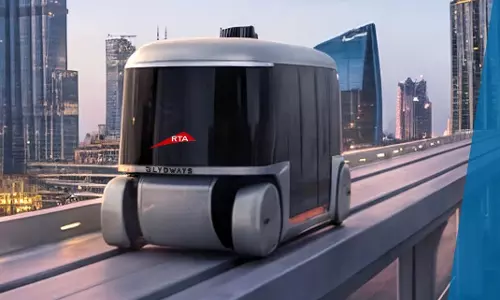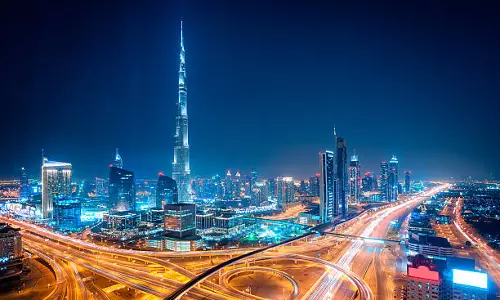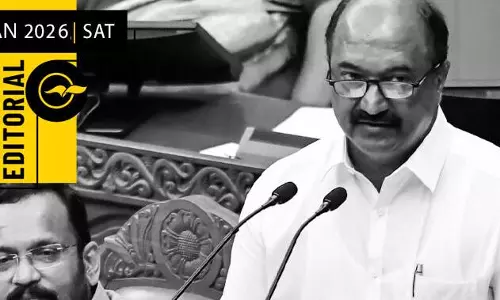
Delhi govt seeks stay on fuel ban for old vehicles citing technical issues
text_fieldsNew Delhi: The Delhi government has urged the Commission for Air Quality Management (CAQM) to suspend its directive banning the sale of fuel to overage and polluting vehicles, citing technological challenges and gaps in vehicle database coordination across the National Capital Region (NCR). In a letter dated July 3, Environment Minister Manjinder Singh Sirsa described the enforcement of the fuel sale ban on End-of-Life (EoL) vehicles as “premature” and “potentially counterproductive.”
The request comes amid mounting protests from EoL vehicle owners who argue that any ban should be based on actual fitness and emission levels rather than vehicle age alone. The Delhi transport department classifies EoL vehicles as unregistered vehicles or those running on petrol for over 15 years and diesel for over 10 years.
Sirsa highlighted operational and infrastructural issues that have emerged since the ban’s introduction, stating that immediate enforcement of Direction No. 89 may not be feasible at this stage. A major concern is the reliance on Automated Number Plate Recognition (ANPR) cameras, which have struggled with inconsistencies, especially in identifying vehicles with High Security Registration Plates (HSRP).
The Minister stressed the importance of addressing these technical glitches through thorough testing before fully implementing the ban. He also warned against a Delhi-only approach, pointing out that vehicle owners might circumvent restrictions by obtaining fuel from neighbouring NCR districts such as Gurugram, Faridabad, and Ghaziabad. This piecemeal enforcement could inadvertently foster illegal cross-border fuel trade, worsening the problem.
Sirsa emphasized the need for a coordinated, region-wide strategy to effectively curb pollution from EoL vehicles. He urged the CAQM to put the implementation of Direction No. 89 on hold until the ANPR system is fully integrated across the NCR. The Delhi government remains confident that its ongoing initiatives, including a large-scale plantation drive launched recently, will significantly improve air quality.
With IANS inputs
























